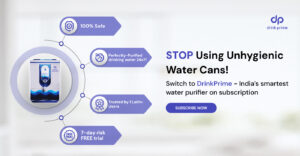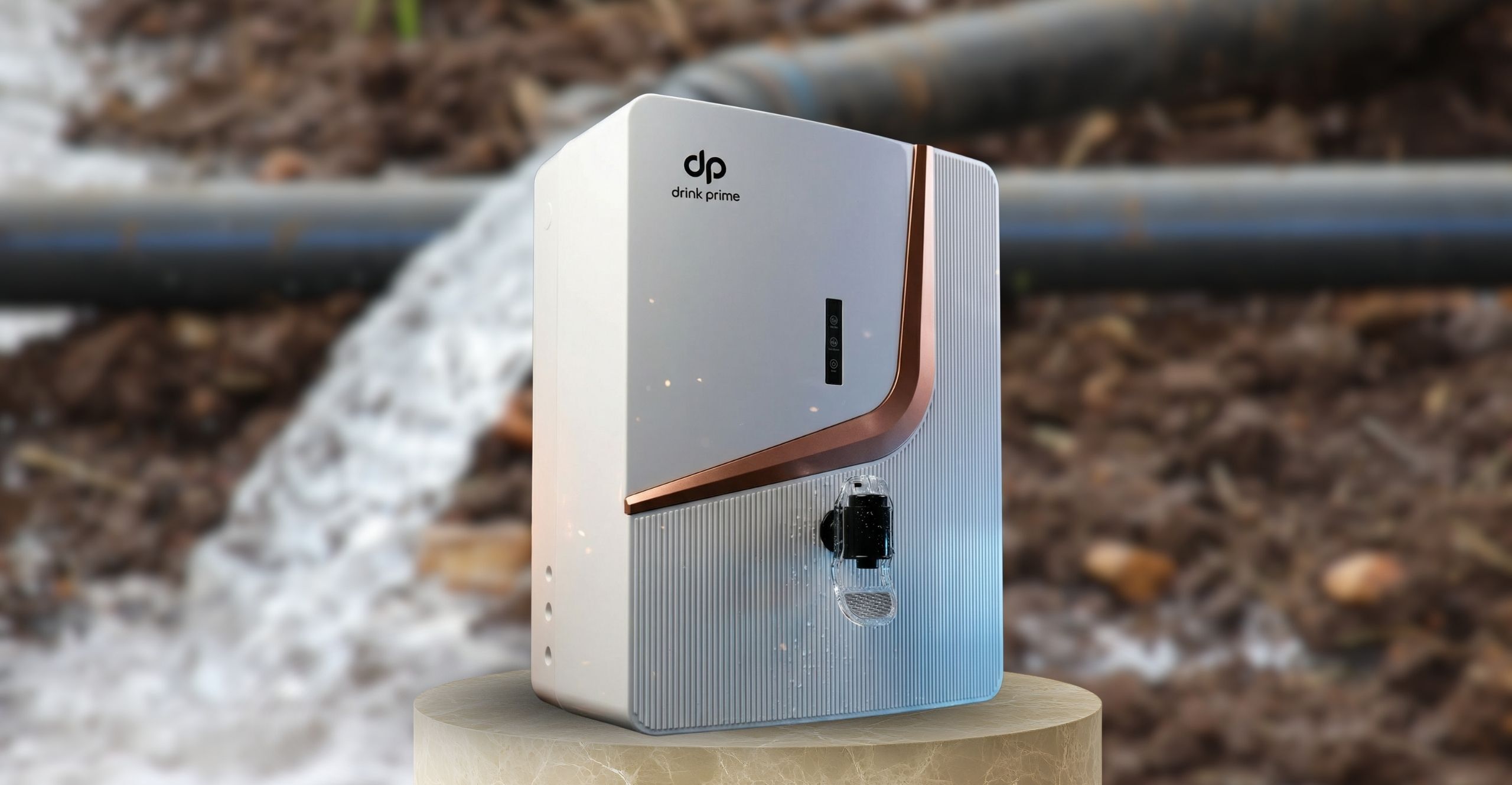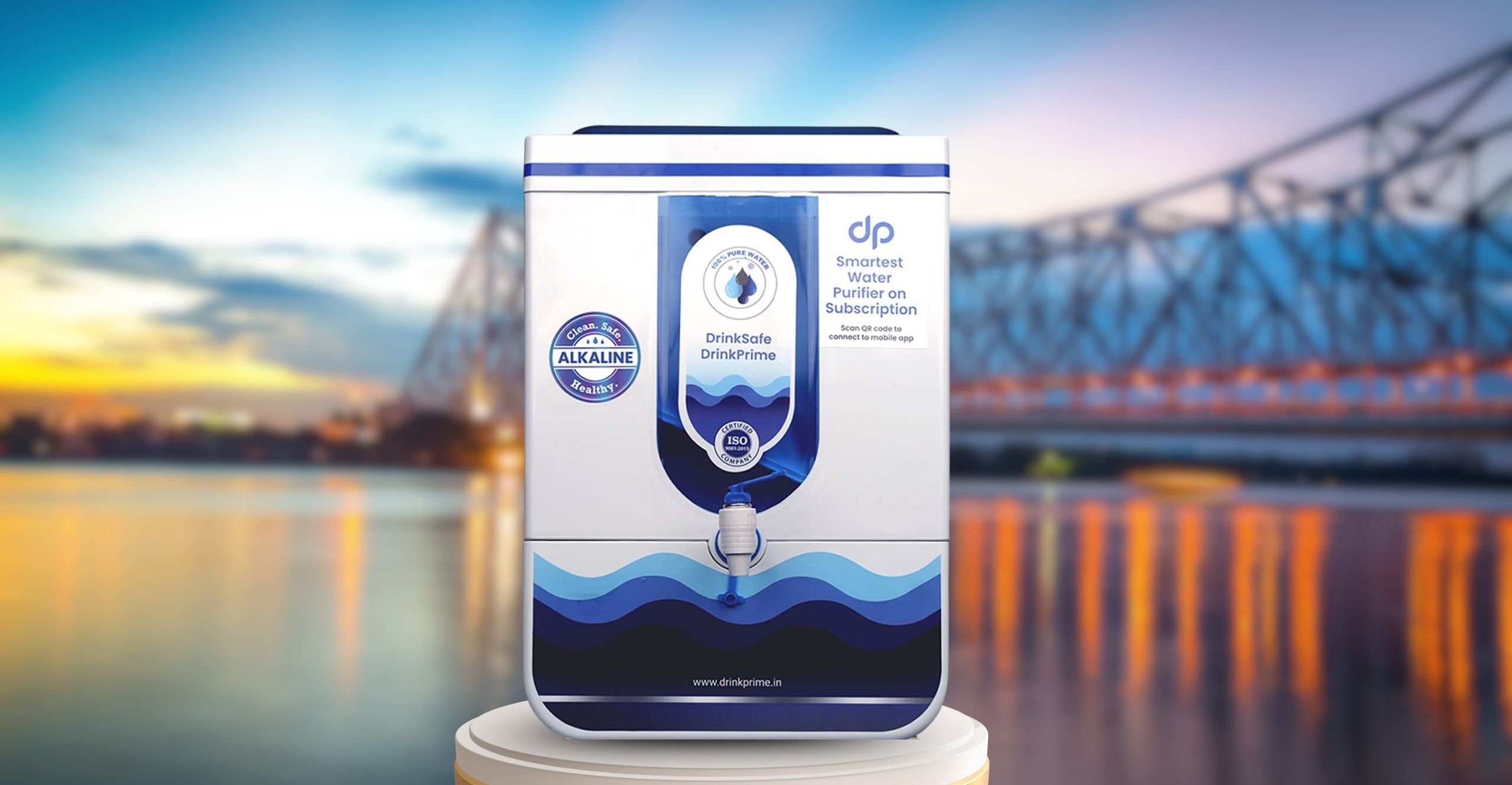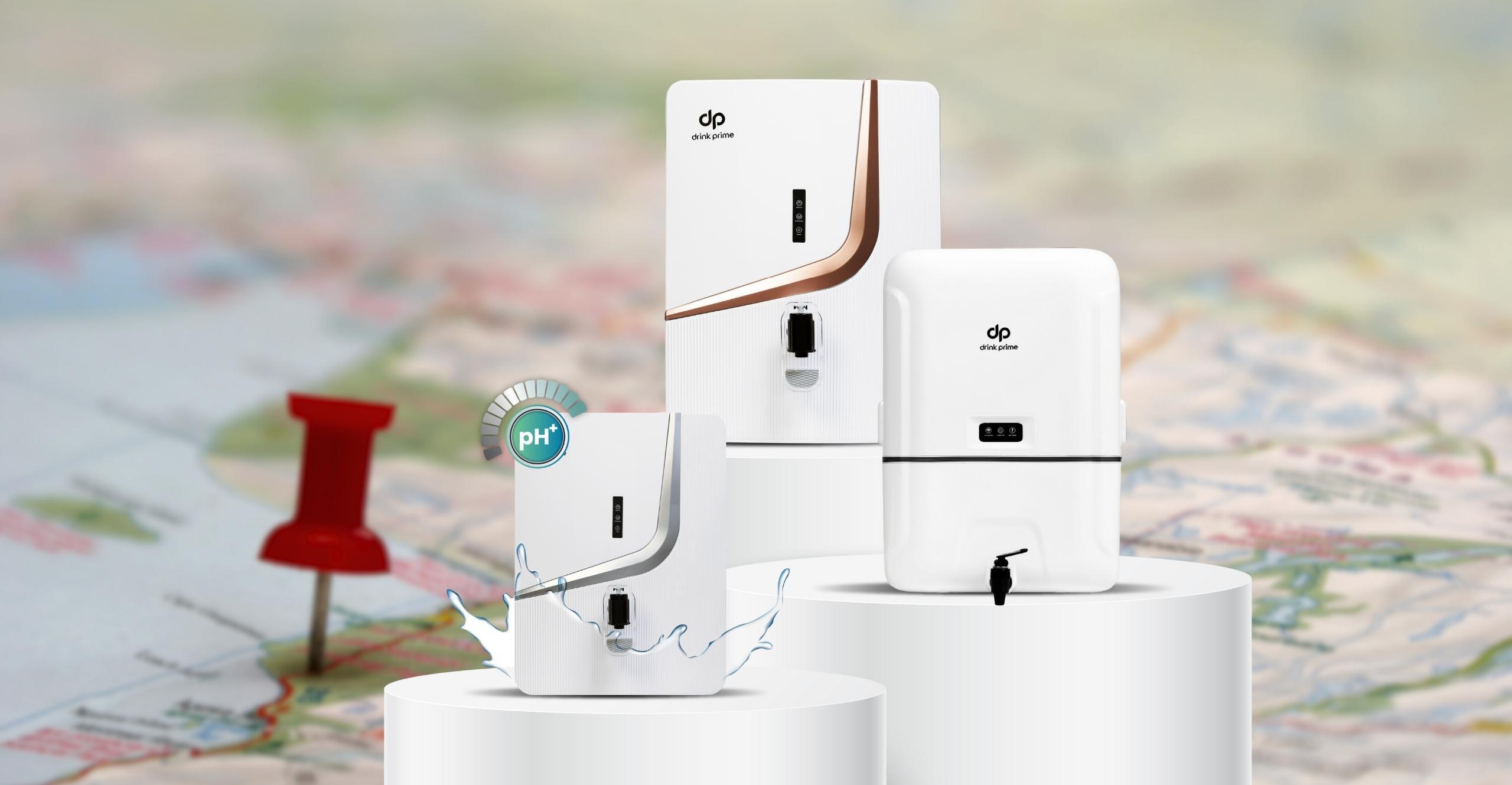You use water to cook, drink and bathe. Have you ever considered its quality?
You should if you haven’t already!
Water is important for life, yet it is only sometimes as pure as we would like it to be. Germs, viruses, and pollutants have contaminated our water supply.
This is where different water purification methods can be beneficial. Various purification methods remove pollutants and make water safe to consume. The degree of contamination and the intended usage of the water determines which purification process is most effective.
Let’s review them in-depth, from simple filtration systems to more complicated ones like distillation and reverse osmosis!
What Makes Water Purification Vital?
After it has been purified, our water is safe to drink and use for other purposes. If our water is not sufficiently purified, we risk consuming harmful bacteria, viruses, and other impurities that could cause serious health concerns.
Water contains many pollutants that the human eye cannot detect. It may appear clear at first glance, but this does not imply that it is safe to ingest or use. These contaminants originate from various sources, including agricultural and industrial residue, sewage and wastewater, and even natural sources such as minerals and organic materials. Certain contaminants are hazardous and fatal.
Water purification can assist with this. Keep reading to learn more!
Benefits of Water Purification Methods
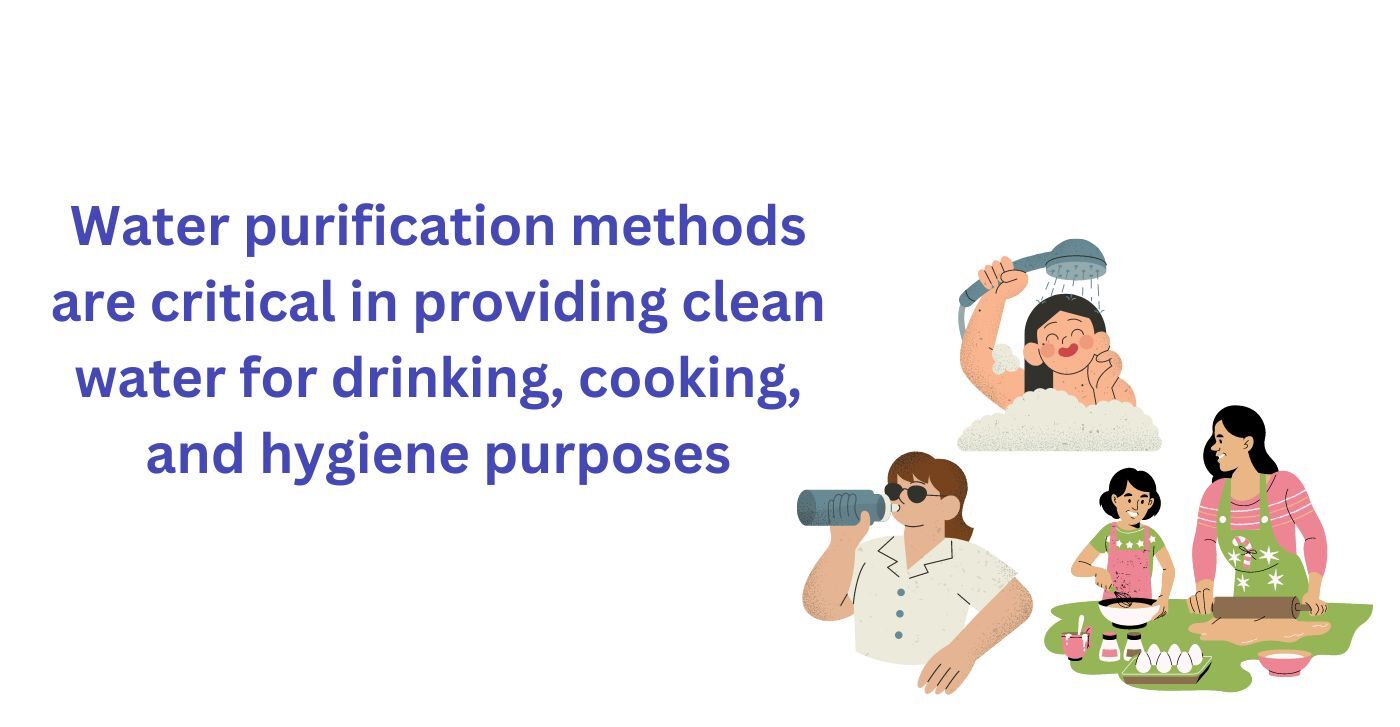
One of the primary benefits of water filtration is the prevention of waterborne diseases. Because many parts of the world lack access to safe drinking water, waterborne diseases such as cholera and typhoid fever continue to pose significant health risks. By cleaning the water, we can greatly slow the spread of these diseases and protect public health.
Water must be purified to protect the environment and public health. Pollutant-contaminated water can harm wildlife and aquatic habitats. Eliminating these pollutants may help keep our rivers clean and free of contaminants.
Water filtration is an important practice with several environmental and health benefits. It keeps you safe and healthy, whether you drink tap water at home or enjoy a refreshing glass at a restaurant!
Different Water Purification Methods
Let’s look at each of the several water-purification procedures independently.
1. The method of filtering
Filtration is one of the most often utilised methods of purifying water. It filters the water to remove bacteria, other organisms, and suspended particulates. Filtration methods include ceramic filters, activated carbon, and sand. However, it cannot remove dissolved salts and minerals such as calcium and magnesium, which can harden the water and change its flavour.
2. The process of distilling
Distillation is another popular method for purifying water. This involves boiling water and condensing the vapour into liquid form, removing contaminants and impurities. Although distillation removes most pollutants, including bacteria, viruses, and minerals, it often requires energy and specialised equipment.
3. Reverse osmosis
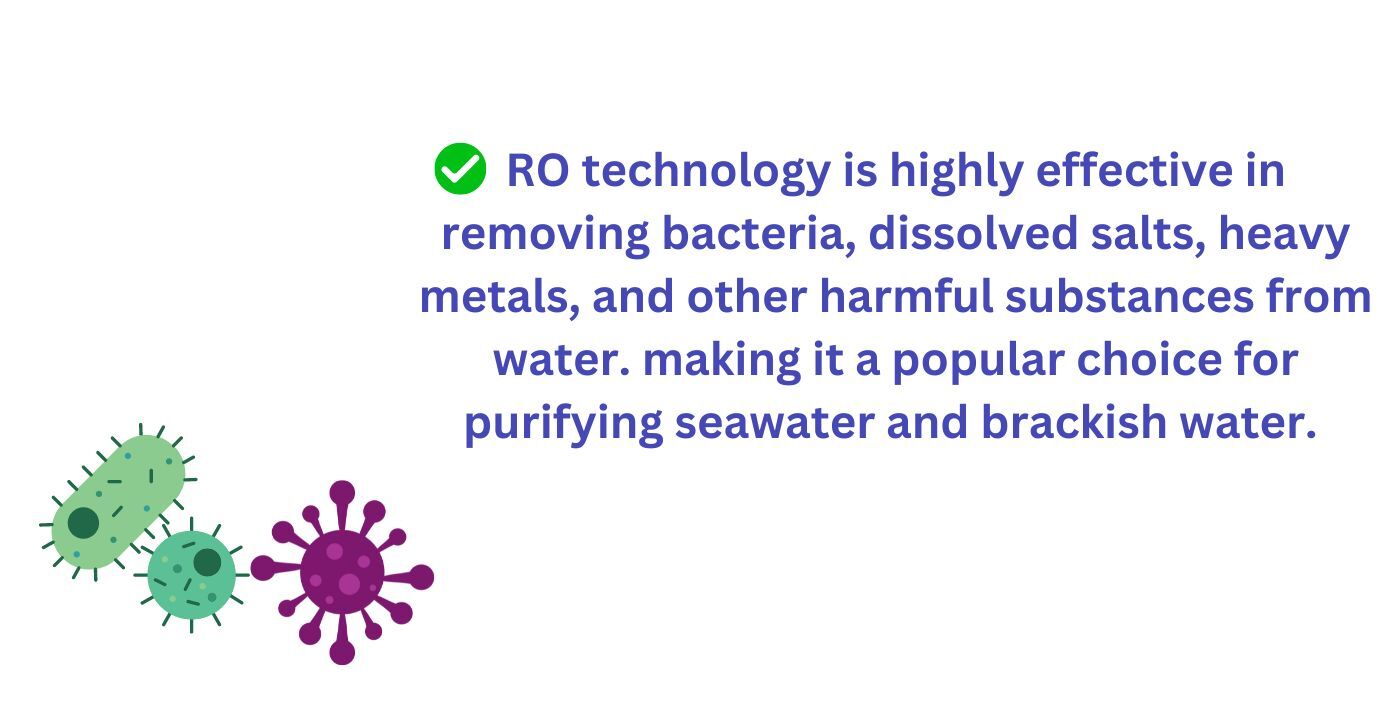
A semi-permeable membrane is used in reverse osmosis, a filtration method for removing impurities and pollutants from water. Heavy metals, dissolved salts, contaminants, and other hazardous chemicals can be successfully removed from water with RO technology, making it a popular choice for brackish and saltwater treatment.
4. Filtration with UV light
Another purifying method is ultraviolet (UV) radiation, which uses UV light to kill bacteria, viruses, and other pathogens in drinking water. This method is popular for purifying tiny volumes of water because it is effective and requires no chemicals or other materials. UV purification is frequently coupled with other purification methods to increase efficacy.
Get 7 Days Risk Free Trial
Conclusion
Everyone needs clean, safe, and nutritious drinking water to keep healthy and prevent the spread of waterborne infections. A lack of access to clean water poses a severe public health risk in many places. In addition to preventing the spread of diseases such as cholera, typhoid, and dysentery, water purification procedures are critical for providing clean water for drinking, cooking, and personal hygiene.
The kind of water source and the specific impurities present are two factors that influence which purification method is best. As a result, proceed with extra caution when picking a water filtration or purification system for your home!
Switch to DrinkPrime: A smart water purifier on rent!
Renting a DrinkPrime water purifier is an excellent choice to ensure you and your family access clean and safe drinking water. With DrinkPrime, you can say goodbye to the hassle and expense of ‘buying’ a water purifier.
FAQs
Which method is best to purify water?
The best water purification method depends on the water source and impurities. While several methods purify water, boiling is the simplest and most effective for killing germs. However, filtration is considered the best for healthier water as it doesn't remove beneficial minerals. Other methods include distillation, reverse osmosis, UV purification, and chemical disinfection.
What is the healthiest water filtration method?
Several methods purify water, but filtration is often considered the healthiest as it retains beneficial minerals. Other methods include boiling (effective for killing germs), distillation, reverse osmosis, UV purification, and chemical disinfection. The ideal method depends on the water source. DrinkPrime purifier ensures healthy drinking water.
Which water filter removes the most toxins?
Reverse osmosis filters are highly effective at removing toxins, including heavy metals, dissolved salts, contaminants, and other hazardous chemicals. The DrinkPrime RO+ is an advanced IoT-enabled water purifier available for rent.
What is the cheapest and safest method of water purification?
Boiling is the cheapest and safest way to purify water, as it effectively kills most germs. Solar disinfection is another low-cost option, but it requires sunlight. Other methods include filtration, distillation, and chemical disinfection, but these may be more expensive or have limitations. With DrinkPrime, you have the option to rent a water purifier.

